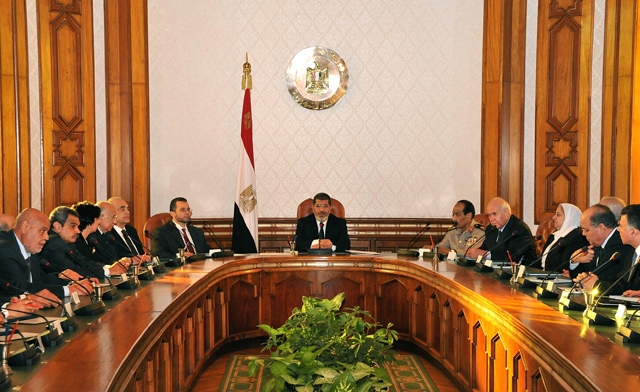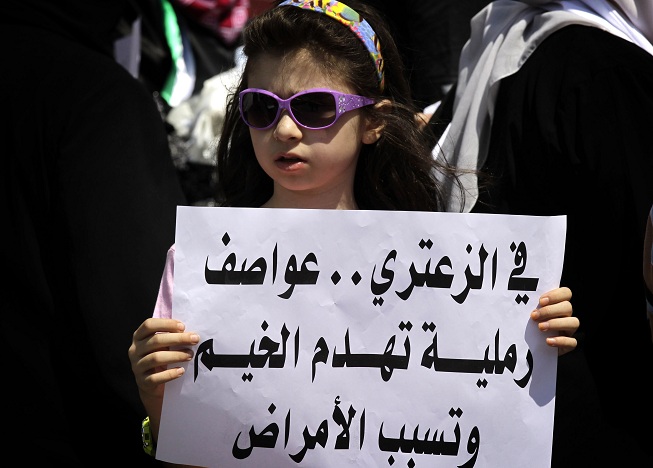Properly wielding his legislative mandate for the first time since he has taken office, President Mohamed Morsy divulged his powers and outlawed the temporary detention of Islam Afify, one of his harshest critics. Several media professionals, activists and even ordinary citizens eulogized the positive stride taken by Morsy. For many, the new president is probably saying it loud: It is not the time to settle scores.
But as we dissect the scenario, it could probably be that Morsy has made the decision to release the Editor-in-Chief of Al-Dostour newspaper, fearing an increasing wave of attacks from his opponents. Or in other thoughts, it could be a new tryout to gain the people’s patronage. Apparently, cornering a chief editor for the so-called ‘insulting the president of the republic’ crime can be looked at as one of Morsy’s ways of muffling dissent using tools redolent of Egypt’s dark and authoritarian 30 years. The president had to act amid concerns that his once-banned group possesses too much authority. Morsy is just doing little to ease an impression of his capricious power.
The Brotherhood has repeatedly reacted nervously to the criticism stemming from Al-Dostour newspaper which once mentioned that the group aims at establishing an ‘emirate’ out of Egypt and warned of probable bloodshed if the Muslim Brothers did not stop acting possessive to more powers. Mahmoud Ghuzlan, the group’s official spokesperson, commented that “Just because he’s (Affify), a journalist, doesn’t mean he has impunity.” He criticised Affify’s harsh attacks to Morsy and the Islamist group adding: “As soon as a journalist graduates school, he can tell the difference between criticism and slander. There are rules and an ethical code of conduct. If everyone complies with that, there won’t be any trouble.” Ghuzlan’s earlier words sound logical and sensible.
But recalling the group’s tolerance to censure, one might need to carefully read the Freedom and Justice Party’s official newspaper that in many cases has used typical methods of slander and defamation. It is not uncommon to read harsh criticisms of the Muslim Brotherhood’s opponents like liberal parliamentarian Mohamed Abu Hamed, ex-presidential candidate Ahmed Shafiq and others on the FJP’s newspapers’ front page. It is better for the Muslim Brotherhood not to hide behind their defense mechanisms longer than that.
As Afify’s release sounds likely to hush the noise around freedom of expression and the media, Morsy’s decision does not add much to deciphering the difficult equations of Egypt’s press laws. In Afify’s case, Morsy has merely looked at the detail without the principle itself. The journalist is now released. Therefore, Mr. President, thank you very much. But what about the good set of 32 articles restricting freedom of expression and the other 22 laws leading to jail sentences for journalists in many publishing crimes? If Morsy was able to step up and cut one of the ill branches, analysts might argue about his solutions to the remaining cancerous roots of the tree. Should prison be the price for anyone who dares to criticize the president or freely express his opinions? Maybe yes, maybe no. Morsy’s presidency will show it all.



